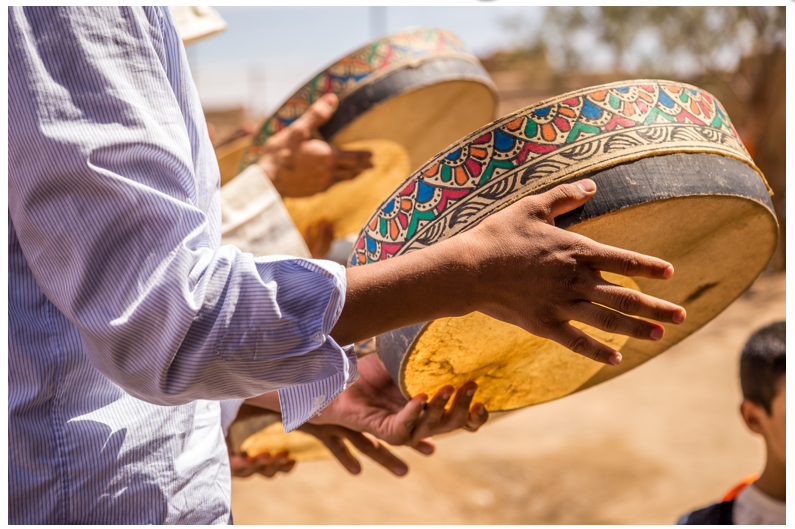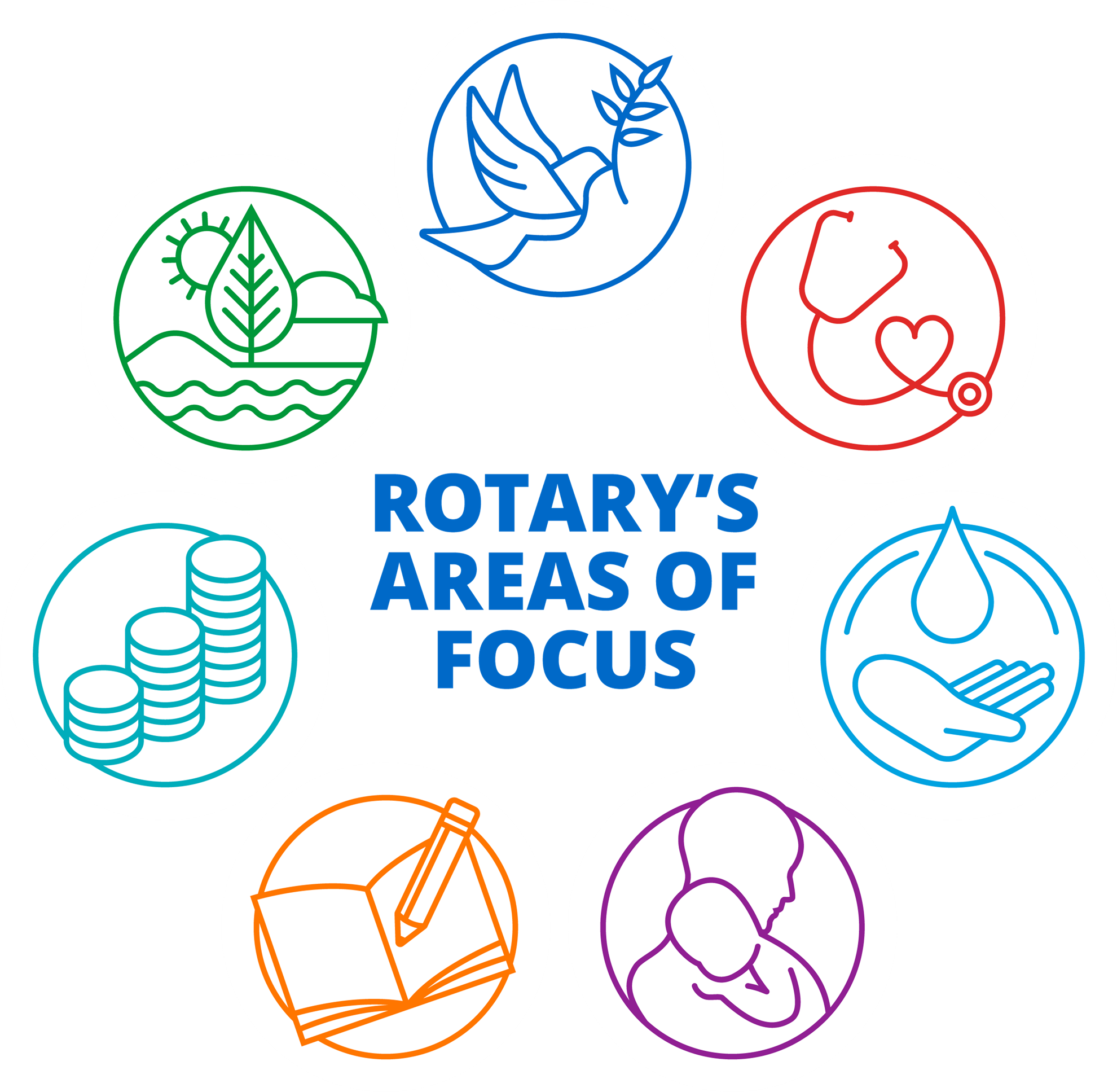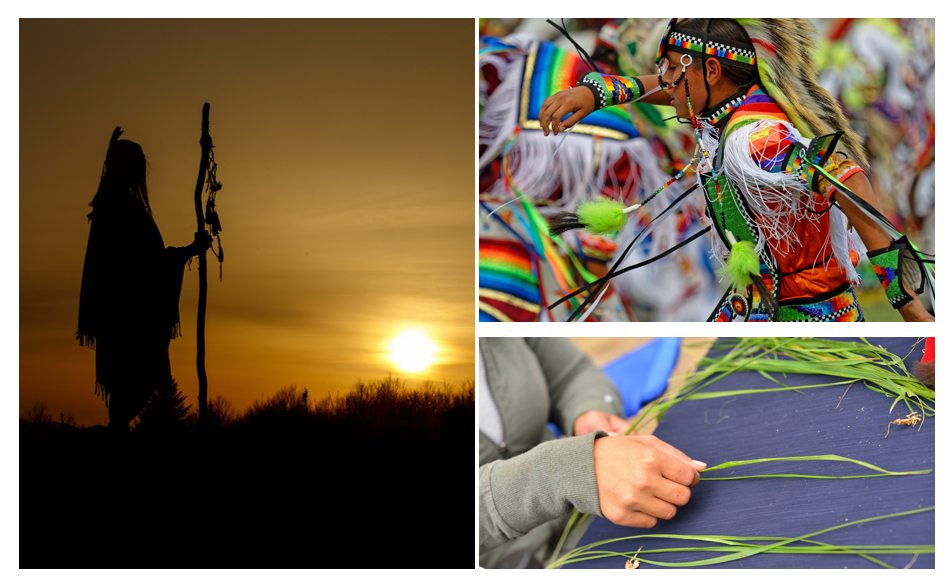Indigenous Focus - North America 2020-2022
Rotary Indigenous Partnership Committee
OUR MISSION

To build trusting relationships between Rotarians and Indigenous Peoples of New England and Eastern Canada.
OUR VISION
We strive to nurture our relationships through; Understanding Tribal perspectives, Learning Indigenous Peoples Histories, cultures, beliefs and issues, Listening Tribal members concerns and hopes, Supporting Indigenous Peoples vision for the future, Mutually engaging for lasting relationships and, Partnering on projects of joint interest.
WHERE: North American – Canada/Northern Maine – Cross Border Potential – Montreal
OBJECTIVES: International Outreach journey to focus on the indigenous populations in Canada and/or Northern Maine.
ROTARY INTERNATIONAL MISSION STATEMENT
The mission of Rotary International is to provide service to others, promote integrity, and advance world understanding, goodwill, and peace through its fellowship of business, professional, and community leaders.
This team will seek to work on projects in the following areas:

- Peace and conflict prevention/resolution
- Disease prevention and treatment
- Water and sanitation
- Maternal and child health
- Basic education and literacy
- Economic and community development
- Protecting the environment
OUR CURRENT PROJECTS
As part of Rotary District 7780’s program of work, the Rotary Indigenous Partnership Committee (RIPC) was formed in 2020. Since then, the RIPC team meets bi-monthly to discuss and learn from various experts of matters relating to Indigenous peoples, communities, cultures, and programs. The team explored Indigenous initiatives, already in place or projects in their beginning stages, that could benefit from the support of Rotary and a partnership with the RIPC team.
- Funding WaYS
The Wabanaki Youth in Science (WaYS) program was developed to provide long-term engagement opportunities for Wabanaki students (6-12 grades) and to encourage persistence in STEM fields through college and into career placements.
- Medicine Wheel Healing Garden
Creating a Medicine Wheel Healing Garden to CONNECT, REFLECT, & EDUCATE.
Summary of the Project
The Houlton Band of Maliseet Indians (HBMI) imagine a physical & spiritual healing garden with the elements of earth, air, & water for their community. The RIPC team has partnered with HBMI to help build their dream of traditional plants & traditional ways for millennia. This project would offer many educational benefits surrounding the philosophy of traditional medicines and plants used by Indigenous nations. The garden will create a learning space for teaching Maliseet youth, community members, and when the project is completed and COVID is controlled, the Garden would be open to the general public for touring and additional educational opportunities. Now more than ever, we need spaces like these for the community to unwind and reconnect with the land that gives us life.
Healing Garden Project Information
About the Houlton Band of Maliseet Indians https://maliseets.net/
- Education Focus Project
The Rotary Indigenous Partnership Committee comprised of nine Rotarians; all share a passion to make a difference in other people's lives. The committee spent more than a year educating themselves about Indigenous Peoples, their family life, religious practices, value systems, and culture. Presently, the RIPC team is actively involved in an education program to inform Rotarians throughout Maine of what we've learned, who we’re collaborating with, why we are sponsoring the WaYS program and the HBMI healing garden project and to share the various volunteer opportunities available to support these programs
OUR TEAM
|
Jud Knox, Team Leader York Rotary
|
Lucy Abbott, Bethel Rotary
|
|
Richard Campbell, Portland Rotary
|
Michele Bois-Gilbody, Freeport Rotary
|
|
Brenda Pollock, Biddeford-Saco Rotary
|
Patty Sprague, So. Portland-Cape Elizabeth Rotary
|
|
George Klauber, Bridgton-Lakes Rotary
|
Peggy Belanger, Kennebunk Portside Rotary
|
|
Chris Hamilton, Damariscotta-Newcastle Rotary
|
CONTACT THE TEAM: jknox0055@gmail.com
|

INDIGENOUS PEOPLES OF MAINE AND EASTERN CANADA
The Wabanaki Confederacy (Waponahki) — translated as “People of the First Light” or “Dawnland” — currently comprises five principal nations:
- Mi’kmaq - The Mi’kmaq are a First Nations people, indigenous to Maine, Atlantic Canada and the Gaspé Peninsula of Quebec.
- Maliseet - Before contact with Europeans, the Maliseet occupied the Saint John River valley and its tributaries, a portion of which is now considered the eastern border line of the United States between Maine and the provinces of New Brunswick and Quebec.
- Passamaquoddy - The Passamaquoddy are a Native people whose territory is centered on the St. Croix River watershed, covering much of what is now northeastern Maine and western New Brunswick.
- Penobscot - The Penobscot are a sovereign people indigenous to what is now Atlantic Canada and the northeastern United States, primarily Maine.
- Abenaki - The Eastern Abenaki population was concentrated in portions of New Brunswick and Maine east of New Hampshire's White Mountains.



